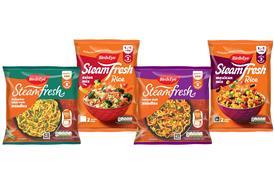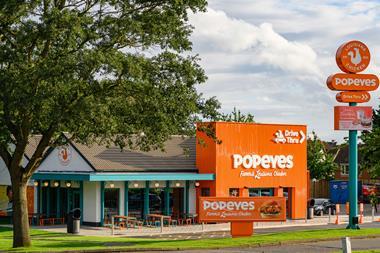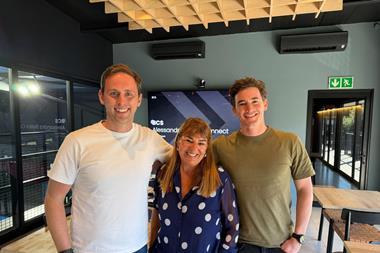Senior executives in grocery manufacturing companies are growing increasingly concerned about moves by some multiples to implement open book costing strategies, according to a survey by The Grocer.
Of those quizzed in our reader panel this week, just under half said they had been approached by a retailer looking to start such a process.
Half of those said they had agreed to open their books  although in some cases that was only up to a point.
The theory of open book costing is simple: suppliers work in partnership with retailers so costs can be reduced to the benefit of both parties.
However, most of the suppliers we polled expressed concerns about how the information would be used  particularly on the thorny issue of value capture.
"If the retailer uses it to develop a partnership then it could be beneficial. But if it is just used to beat down our prices it would be totally counter-productive," said one managing director.
At the moment own label suppliers are the focus of attention.
However, some branded goods suppliers pointed out they were involved in another form of open book costing  factory gate pricing (see the news story above and our feature on page 38).
The majority of suppliers we quizzed said they expected open book costing to become more of an issue in the future, and everybody viewed it as a potential commercial threat.
"Retailers will come under increasing margin pressure," said one director in a major branded goods company, "And as the UK retail trade is highly efficient, there are not many places to go in order to be able to show the continued earnings growth demanded by shareholders."
>>page 30, reader poll
{{NEWS }}
Of those quizzed in our reader panel this week, just under half said they had been approached by a retailer looking to start such a process.
Half of those said they had agreed to open their books  although in some cases that was only up to a point.
The theory of open book costing is simple: suppliers work in partnership with retailers so costs can be reduced to the benefit of both parties.
However, most of the suppliers we polled expressed concerns about how the information would be used  particularly on the thorny issue of value capture.
"If the retailer uses it to develop a partnership then it could be beneficial. But if it is just used to beat down our prices it would be totally counter-productive," said one managing director.
At the moment own label suppliers are the focus of attention.
However, some branded goods suppliers pointed out they were involved in another form of open book costing  factory gate pricing (see the news story above and our feature on page 38).
The majority of suppliers we quizzed said they expected open book costing to become more of an issue in the future, and everybody viewed it as a potential commercial threat.
"Retailers will come under increasing margin pressure," said one director in a major branded goods company, "And as the UK retail trade is highly efficient, there are not many places to go in order to be able to show the continued earnings growth demanded by shareholders."
>>page 30, reader poll
{{NEWS }}














No comments yet